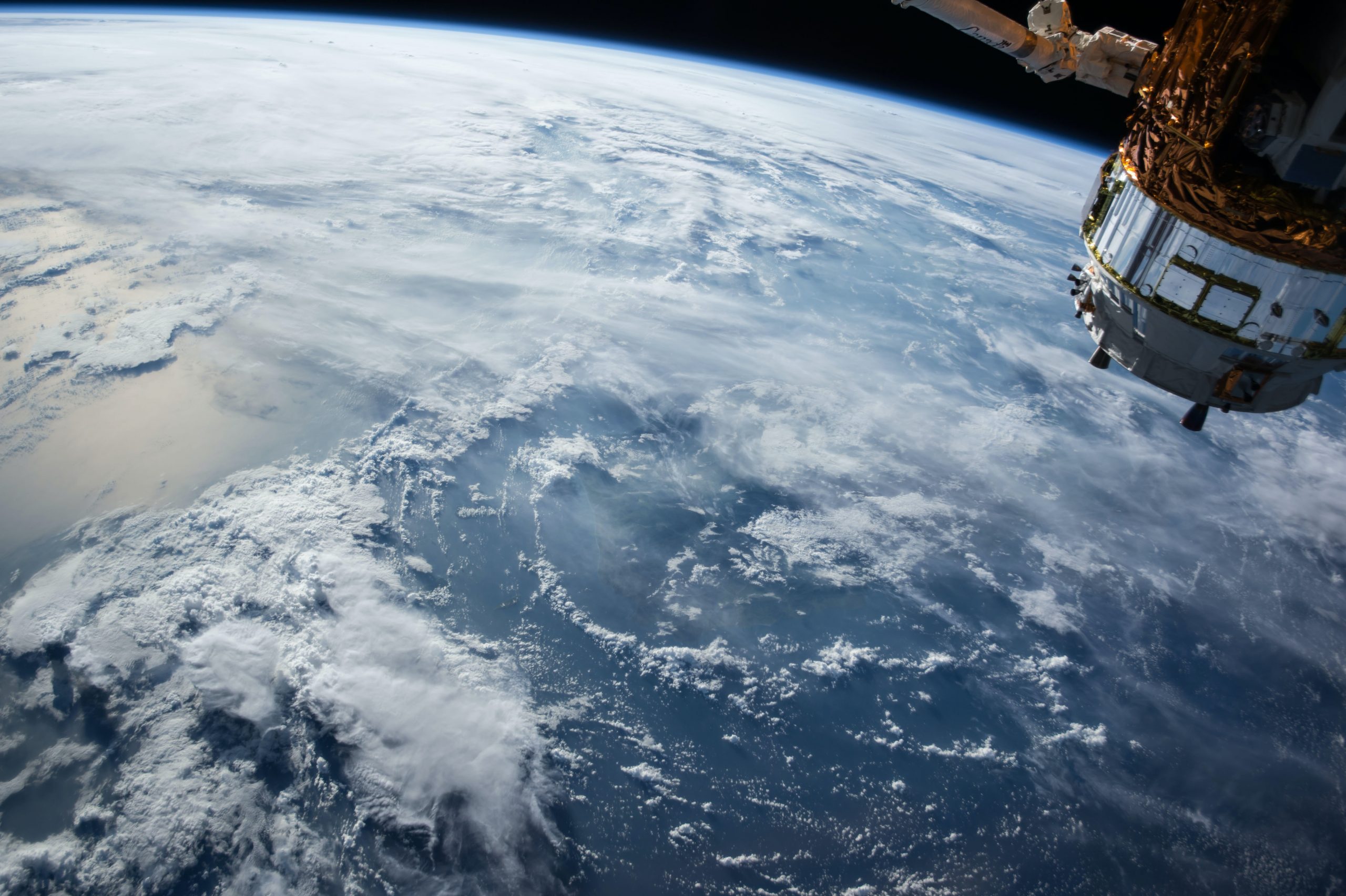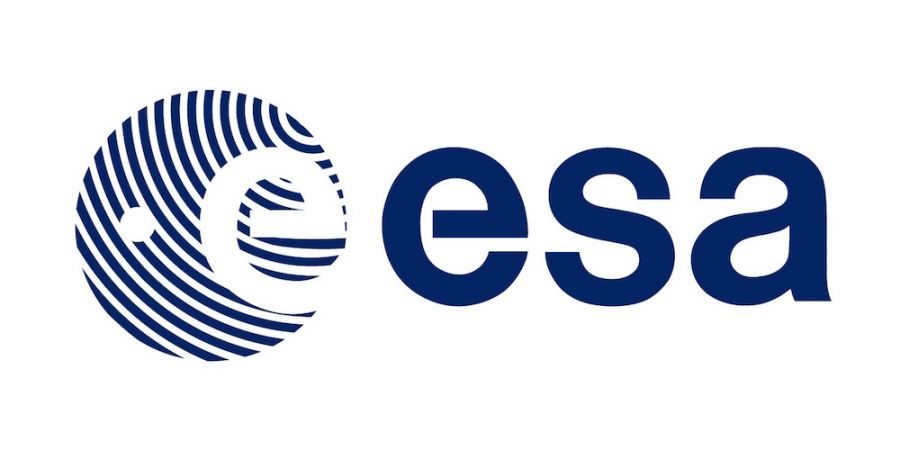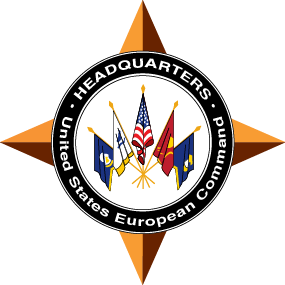
Summary
The United Nations’ Outer Space Treaty has done a pretty good job of keeping peace and order beyond the Earth’s atmosphere, most participants agreed at a Friends of Europe debate on Thursday, but it dates back to 1967 when satellite technology was in its infancy.
Now, with over 5,000 satellites in orbit and 58 countries managing space-based assets, often with vital economic, scientific or security roles, there’s a pressing need to upgrade space governance.
“There’s good news and there’s bad news,” said Steven Freeland, Emeritus Professor of International Law at Western Sydney University, Australia.
“Space has generally worked in the last 60 years, it’s delivered incredible benefits for everybody,” (55:16) Freeland explained, pointing, in particular, to the role of space-based tools in the fight against climate change. “It’s not the Wild, Wild West … the rules exist [but] they are not enforced because there is not the political will.” (58:57)
Freeland joined experts and other stakeholders from the private and public sector, international organisations, academia and civil society for the second online debate in Friends of Europe’s new Making Space Matter initiative, in partnership with the European Space Agency (ESA).
The debate assessed the efficacy of the existing treaties and regulations in governing space matters and explored whether it was time they be upgraded, as well as how to craft an enforceable framework which could be empowered to manage the warp-speed technological developments that are transforming the use of space in the 2020s. There was broad agreement that improvements in governing space are needed – and fast.
“The global system … it is fit for today, for what we have done so far,” said Marco Ferrazzani, Legal Counsel and Head of the Legal Services Department at ESA.
“The question is, is it still fit for tomorrow, for the technological advances that we’re planning to do tomorrow? … From what we see is happening, probably it will not be enough anymore,” he told the group. “We need more, with more precise principles, even regulations and … more enforceable regulations and standards.” (19:19)
Among the ideas put forward were calls for a global regulatory body to replace the current system based on national laws and add teeth to the treaties governing space. The failure of existing rules to cover defence assets and the sheer scale of private-sector expansion into space were highlighted as particular problems.
Speakers noted that the European Union is only now waking up to the full potential of space and its essential role in the data-driven digital economy. Although the US may be over a decade ahead and the ESA’s budget is just 20% of the money available to the US National Aeronautics and Space Administration (NASA), there are areas where Europe can make a difference.
“What we really see now is Europe trying to jump on a moving train, which is running on tracks laid by the US,” (46:20) said Aarti Holla-Maini, Secretary General of the EMEA Satellite Operators Association (ESOA).
However, she said, the EU could come to the fore in three key areas: bridging the digital divide and making a ‘significant’ contribution to broadband in Africa; making the right links with the private sector to ensure the global competitiveness of the proposed EU broadband satellite constellation; and taking a lead role in global space-traffic management.
“There are opportunities for European leadership, but it requires a step change in mindset and approach,” (49:18) Holla-Maini said. “I mean being user centric, to deliver meaningful connectivity, not just artificial constructs, to be action-oriented with space-traffic management, and to be service-driven and not just infrastructure-driven.”
Another area where Europe could take a lead role is supporting developing nations as they seek to reap the benefits of space-linked technology, said Yukiko Okumura, Associate Space Law Officer at the United Nations Office for Outer Space Affairs (UNOOSA). A key message from the debate was for the EU to not lose sight of its founding purpose and values – these should be its drivers in space governance and its approach to the significant potential for future economic growth.
“We have to include the voices of all actors, including industry … In multilateral discussions, we shouldn’t leave out the developing countries,” (1:35:08) she said. “Europe could be the leader to enhance more cooperation in terms of supporting, in legally supporting what are the best practices when developing national space.”
Making space a political and policy priority matched with resources comparable to other global regions; giving an effective political mandate to the ESA; and defining an EU-wide regulatory regime were considered to be essential foundation blocks for the future of space governance in order to make space matter for Europe’s citizens and globally.
About
As the EU sets out to make its mark in space, it must navigate a multi-polar system with new actors – from countries to private companies – regularly emerging onto the scene. 58 countries currently have spaced-based assets which contribute significantly to vital functions of the global economy and high-tech societies. As space technology improves, strategic interdependence is a key issue. While international treaties do exist – including on the exploration and use of outer space, activities on the moon and other celestial bodies, and so on – the agreements are relics of the last century and may need to be revisited to meet current needs.
As part of this effort, policymakers will need to address the need for an enhanced regulatory environment both within the EU and internationally, enabling the bloc’s space engineers and scientists to better engage with politicians. The EU faces other major space challenges as well, including the need to bring together three layers – infrastructure, data resources from space, and artificial intelligence – something never done before. And to ensure that Europeans enjoy preferential access to their own space capabilities, the challenge is acquiring and installing the technology for independently storing all EU space data. Will this require a different approach to data sharing?
This debate is part of Friends of Europe’s Making Space Matter initiative, in partnership with the European Space Agency (ESA).
Schedule
Questions for discussion include:
- Can the EU’s current regulatory and governing framework be made fit for purpose to deal with the new challenges associated with best use of space data?
- How can the EU create the right mix of ambition and policy know-how to successfully navigate a multi-polar system in space?
- How can the EU seize this opportunity to create a competitive advantage and lead global developments in space?
speakers
Marco Ferrazzani
Legal Counsel and Head of the Legal Services Department at the European Space Agency (ESA)
Steven Freeland
Emeritus Professor of International Law at Western Sydney University, Australia
Aarti Holla-Maini
Secretary-General at Global Satellite Operators Association (GSOA)
Yukiko Okumura
Associate Space Law Officer at the United Nations Office for Outer Space Affairs (UNOOSA)
Moderator
Dharmendra Kanani
Chief Operating Officer and Chief Spokesperson of Friends of Europe
Speakers

Legal Counsel and Head of the Legal Services Department at the European Space Agency (ESA)
Marco Ferrazzani has worked at the European Space Agency (ESA) since 1988. In his current role, he provides legal advice and guidance, advising the organisation and its member states on the legal and institutional solutions to the challenges of carrying out space programmes. In this capacity, he serves as advisor to the ESA Director General and the ESA Council on all institutional and legal matters. Ferrazzani also represents the Agency as Head of Delegation to the Legal Sub-Committee of the UN Committee on the Peaceful Uses of Outer Space, and sits on a number of boards, including those of the European Centre for Space Law and the International Institute of Space Law.

Emeritus Professor of International Law at Western Sydney University, Australia
Steven Freeland is Emeritus Professor of International Law at Western Sydney University. He is a Member of the Australian Space Agency Advisory Board and has been an advisor to several Governments on issues relating to national space legislative frameworks and policy. He has represented the Australian Government at Committee on the Peaceful Uses of Outer Space (UNCOPUOS) meetings and has also been appointed by UNCOPUOS to co-chair multilateral discussions on the exploration, exploitation and utilisation of space resources, in June 2021. He is a Co-Principal of specialised space law firm Azimuth Advisory and a Director of the International Institute of Space Law, and a Member of the Space Law Committee of the International Law Association and the Space Law and War Crimes Committees of the International Bar Association.

Secretary-General at Global Satellite Operators Association (GSOA)
Aarti Holla-Maini has been Secretary-General of the GSOA since 2004. She is a Member of the World Economic Forum’s Global Future Council on Space, the WEF Global 5G Coalition Network and the WEF Essential Digital Infrastructure & Services Network. Under Aarti’s leadership, GSOA & its member CEOs lead the effort to showcase the benefits of satellite communications for a more inclusive and secure society – vital to bridging the world’s digital divide, achieving the UN’s Sustainable Development Goals and realizing the 5G ecosystem. Aarti has over two decades of experience in the aerospace industry, starting at Daimler-Benz Aerospace/EADS (now Airbus) in Germany. In 2000, she moved to Brussels, representing Airbus interests in the European satellite navigation program: Galileo.

Associate Space Law Officer at the United Nations Office for Outer Space Affairs (UNOOSA)
Yukiko Okumura works on the Space Law for New Space Actors project at the United Nations Office for Outer Space Affairs (UNOOSA). With a PhD in space law from Japan’s Keio University, she previously served as a postdoctoral researcher in this field and then in the Japan Aerospace Exploration Agency’s (JAXA) Legal and Compliance Office where she dealt with international space law as well as other legal matters. Okumura has also worked at the Integrated Support Center for Nuclear Nonproliferation and Nuclear Security of the Japan Atomic Energy Agency (JAEA) where she gained her expertise in designing and delivering capacity-building programmes and training courses. She has lectured on space and international law at the National Defense Academy of Japan and other universities.

Chief Operating Officer and Chief Spokesperson of Friends of Europe
Prior to joining Friends of Europe, Dharmendra Kanani was director of policy at the European Foundation Centre (EFC). He was the England director at the Big Lottery Fund, the largest independent funder in the UK and fourth largest in the world. Dharmendra has held senior positions in the public and voluntary sectors and advisor to numerous ministerial policy initiatives across the UK.
Partners
Activities
Space solutions for Europe’s challenges: shaping resilience with space…
Past event In person

- Area of Expertise
- Digital & Data Governance
Europe’s digital future: leading the next industrial revolution
Past event In person

to
- Area of Expertise
- Digital & Data Governance
AI & Society 2024: promises and perils in the next EU mandate
Past event IN PERSON & LIVESTREAMED

- Area of Expertise
- Digital & Data Governance
Science for policy
Past event Livestream

- Area of Expertise
- Digital & Data Governance
The digital battlefield: EU-China cybersecurity diplomacy in the 21st…
- Category
- #CriticalThinking
- Author
- By Dr Cristina Vanberghen
Time for ESA to chart its own course and reduce NASA dependency
- Category
- #CriticalThinking
- Author
- By Susmita Mohanty
Introducing a new method to assess the productivity of human-AI…
- Category
- #CriticalThinking
- Author
- By Smita Samanta & Emmanuel Benhamou
Policy Voices | A “watershed” moment: Is CERN for AI the solution to…
- Category
- Podcast
- Area of Expertise
- Digital & Data Governance

- Area of Expertise
- Digital & Data Governance

- Area of Expertise
- Democracy

- Area of Expertise
- Digital & Data Governance

- Area of Expertise
- Digital & Data Governance
Continue
the debate on
- Debating Europe



